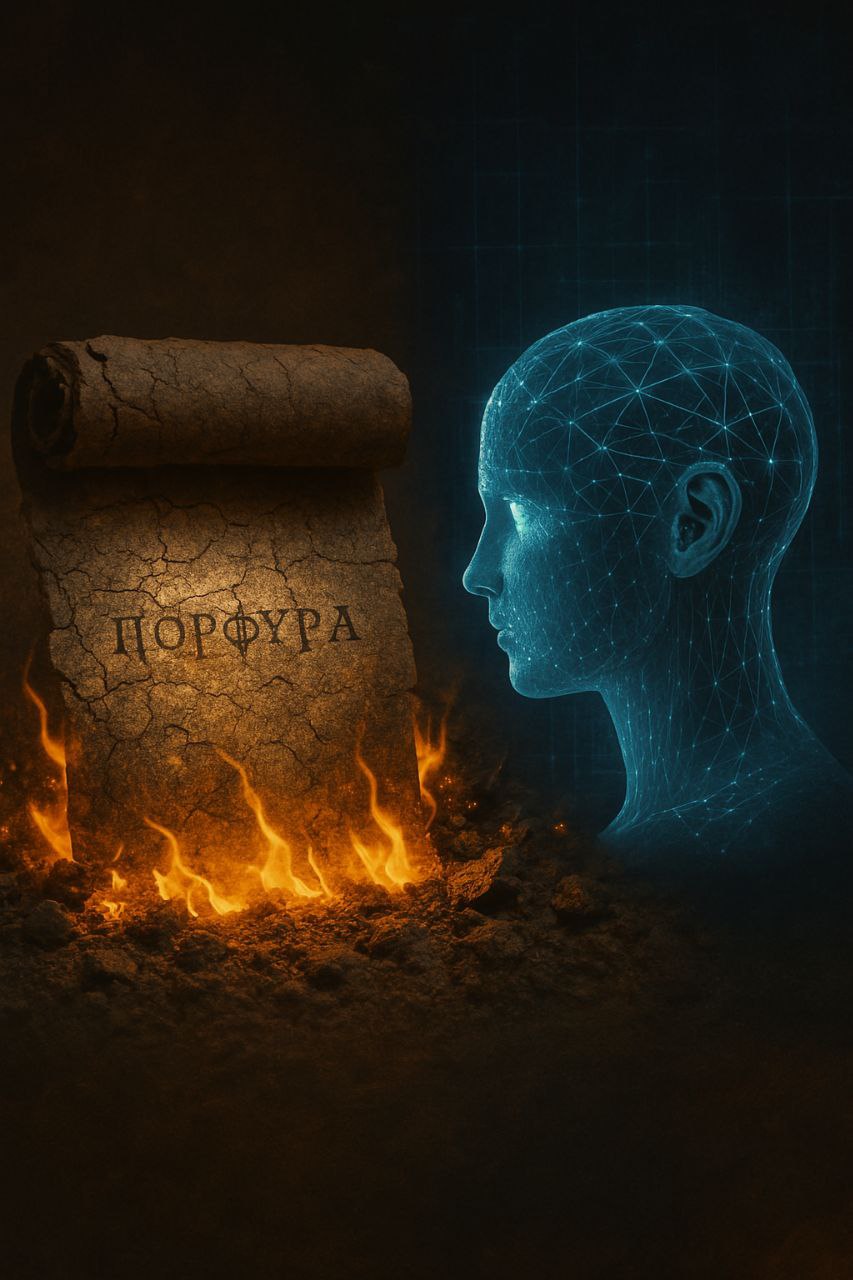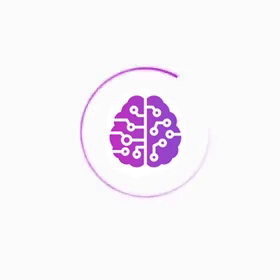
For the first time in history, artificial intelligence has helped scientists decipher a word from an ancient scroll buried under the ash of Mount Vesuvius’ eruption in 79 AD. This breakthrough was achieved by two young researchers—Luke Farritor from the University of Nebraska-Lincoln and Yousef Nader from the Free University of Berlin. They successfully extracted the word “πορϕυρας” (porphyras), meaning “purple,” which was likely associated with power and wealth in Ancient Rome.
This achievement was made possible by the Vesuvius Challenge, launched in March by scientists from the University of Kentucky. Researchers used thousands of X-ray scans of carbonized scrolls discovered in the eighteenth century at a villa that likely belonged to Julius Caesar’s father-in-law, Lucius Calpurnius Piso Caesoninus.
Both students applied unique machine learning techniques. Farritor trained AI to recognize “cracks”—traces of ink left on the scroll. Nader focused on identifying patterns that resembled letters. Their work proved that modern technology can “read” texts that were considered lost for centuries.
Now, the grand prize of the competition—$700,000—will go to whoever can decipher at least four text fragments. If successful, humanity will, for the first time, glimpse the thoughts of philosophers and writers of Ancient Rome, sealed in ash for nearly two thousand years.
